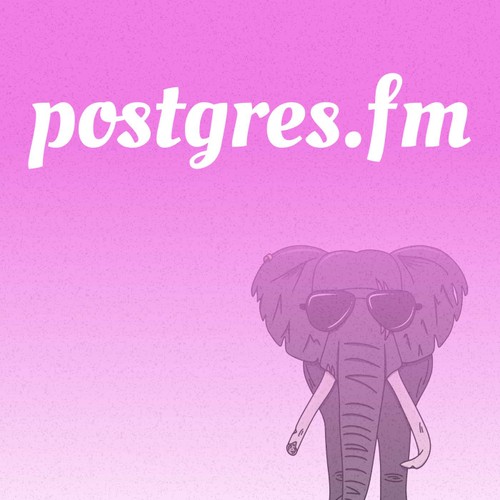
 Postgres FM
Postgres FM Timestamps
Dec 9, 2022
Discussion on using timestamp with time zone data type in PostgreSQL, benefits and challenges of timestamps, introduction to B3 indexes and brain indexes in Postgres, advantages of using timestamps rather than boolean columns in databases, exploration of timestamps, time intervals, and infinity.
Chapters
Transcript
Episode notes
